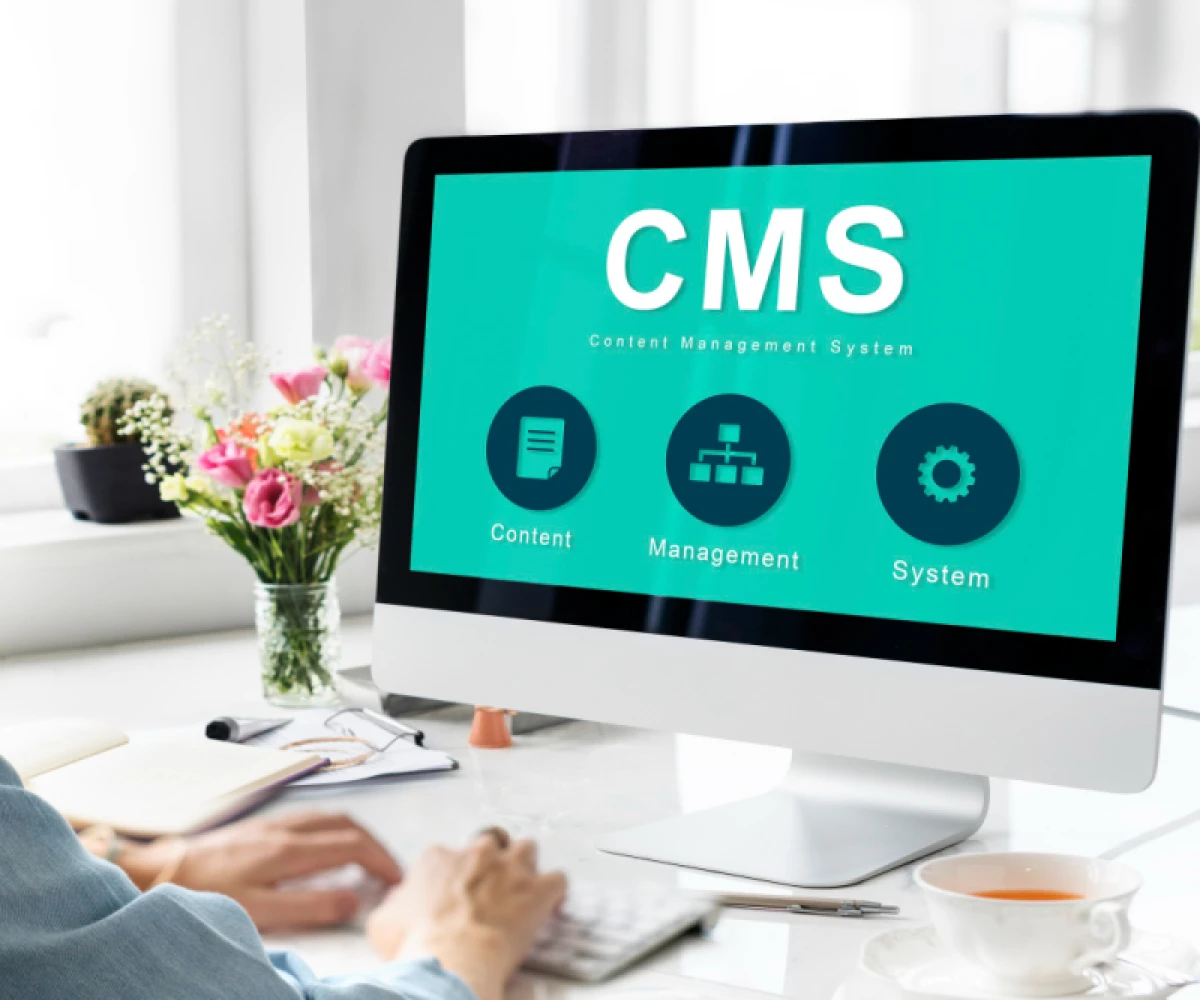
CMS vs. WCMS: What's the Difference and Why Does it Matter?
Navigating the Content Management Maze: CMS vs. WCMS
In today's digital landscape, creating and managing online content is crucial for businesses and individuals alike. But with an array of platforms available, choosing the right content management system (CMS) can feel overwhelming. Two common terms often encountered are CMS and WCMS, and while they might seem similar, understanding their distinctions is essential for making an informed decision.
The Broader Scope of CMS:
Imagine a CMS as a versatile toolbox. This software allows users to create, store, and manage various types of digital content. This includes:
- Documents: Word processing documents, presentations, spreadsheets, and PDFs can all be managed within a CMS, facilitating version control, access control, and collaboration.
- Project Management: Platforms like Asana or Trello often have content creation features, allowing users to manage project details, create notes, and collaborate on text-based content within the platform.
- Learning Management Systems (LMS): These platforms, like Moodle or Canvas, use CMS functionalities to deliver educational content, manage learning activities, and track student progress.
The key takeaway – a CMS isn't solely website-centric. It provides a broader range of functionalities for managing diverse digital content needs.
The Focused Expertise of WCMS:
Now, let's delve into the specialized world of WCMS. This stands for Web Content Management System and, as the name suggests, it's a specific type of CMS designed exclusively for managing content on websites and web applications.
Think of a WCMS as a subset of the CMS toolbox, containing tools specifically crafted for websites. Here's what sets them apart:
- User-friendly content creation: WCMS platforms often offer WYSIWYG (What You See Is What You Get) editors. These user-friendly interfaces allow individuals with no coding experience to create and edit content visually, just like they would in a word processing document.
- Search Engine Optimization (SEO) features: WCMS platforms understand the importance of website visibility. They often come equipped with tools to optimize website content for search engines, like keyword management and meta description editing.
- Templating systems: Creating a visually appealing website can be time-consuming. WCMS platforms offer pre-built templates and design elements that users can easily customize to create a professional-looking website without needing extensive design knowledge.
- Multilingual support: Reaching a global audience requires managing content in multiple languages. WCMS platforms often provide features to translate and manage website content in various languages, simplifying the process of catering to international audiences.
Examples of popular WCMS platforms include:
- WordPress
- Drupal
- Joomla
- Wix
Choosing the Right Tool:
So, which system is right for you? When making your decision, consider your specific needs:
- If you primarily need to manage website content and prioritize user-friendly content creation and SEO features, a WCMS is a perfect fit.
- However, if you require a platform to manage various types of digital content beyond websites, a broader CMS solution might be the better choice.
By understanding the distinctions between CMS and WCMS, you can confidently navigate the digital content management landscape and choose the platform that best empowers you to create, manage, and deliver your content effectively.


